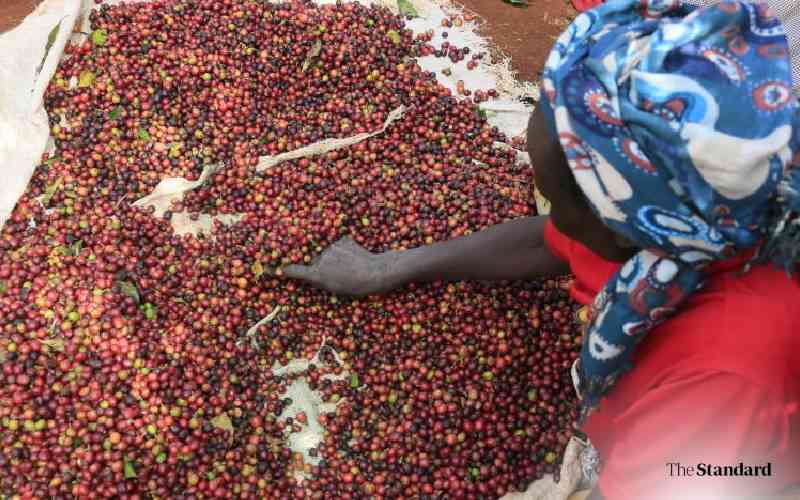×
The Standard e-Paper
Home To Bold Columnists

For decades, Kenya's coffee has tantalised the global market with its rich aroma and distinctive acidity. Yet, paradoxically, the farmers who produce this world-class Arabica continue to live on the margins of poverty, selling their cherries at Sh50 to Sh150 per kilo.
Meanwhile, a kilo of processed Kenyan coffee retails abroad for over Sh2,000. That discrepancy is unacceptable. It's time to turn a new leaf so that Kenyan coffee can fetch ten times its current price.